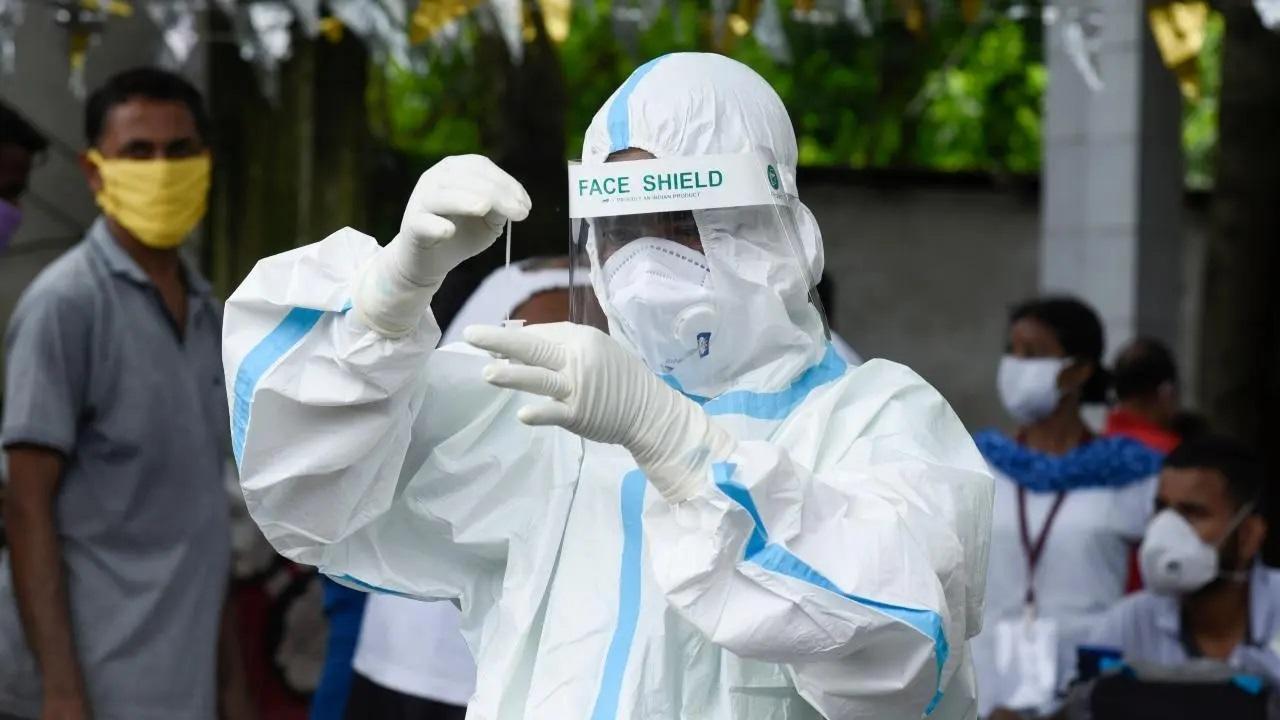Decision made in response to increase in number of patients in May and June

Representational Image
The health department of the Brihanmumbai Municipal Corporation (BMC) has decided to convert the dedicated COVID-19 war rooms at ward levels into specialised teams to handle monsoon ailments, as well as cases of dengue and malaria. This decision was made in response to an increase in the number of patients with these diseases in the months of May and June.
ADVERTISEMENT
Each of these “war rooms” will consist of one doctor, one health coordinator, and one data entry operator working in two shifts. According to the latest data released by BMC’s health department for the months of May and June, there were 501 and 676 cases of malaria, 66 and 97 cases of leptospirosis, 119 and 353 cases of dengue, 1264 and 1744 cases of gastro, 63 and 141 cases of hepatitis, 4 and 8 cases of chikungunya, and 62 and 90 cases of H1N1. This represents a significant increase in cases compared to June of the previous year, where the corresponding numbers for the same categories were 348, 12, 39, 543, 64, 1, and 2, respectively.
However, the health department attributes this rise to improved disease detection. “Even though there’s an increase in patients due to the detection systems, it will also enable timely treatment,” the department stated. Furthermore, the department announced a door-to-door campaign to enhance the detection of monsoon ailments, following a similar process as the COVID-19 detection. “The number of patients will increase as a result of this, but citizens are requested not to be alarmed as early detection and treatment for diseases like dengue and malaria can save lives.”
676
No of cases of malaria in June
 Subscribe today by clicking the link and stay updated with the latest news!" Click here!
Subscribe today by clicking the link and stay updated with the latest news!" Click here!







